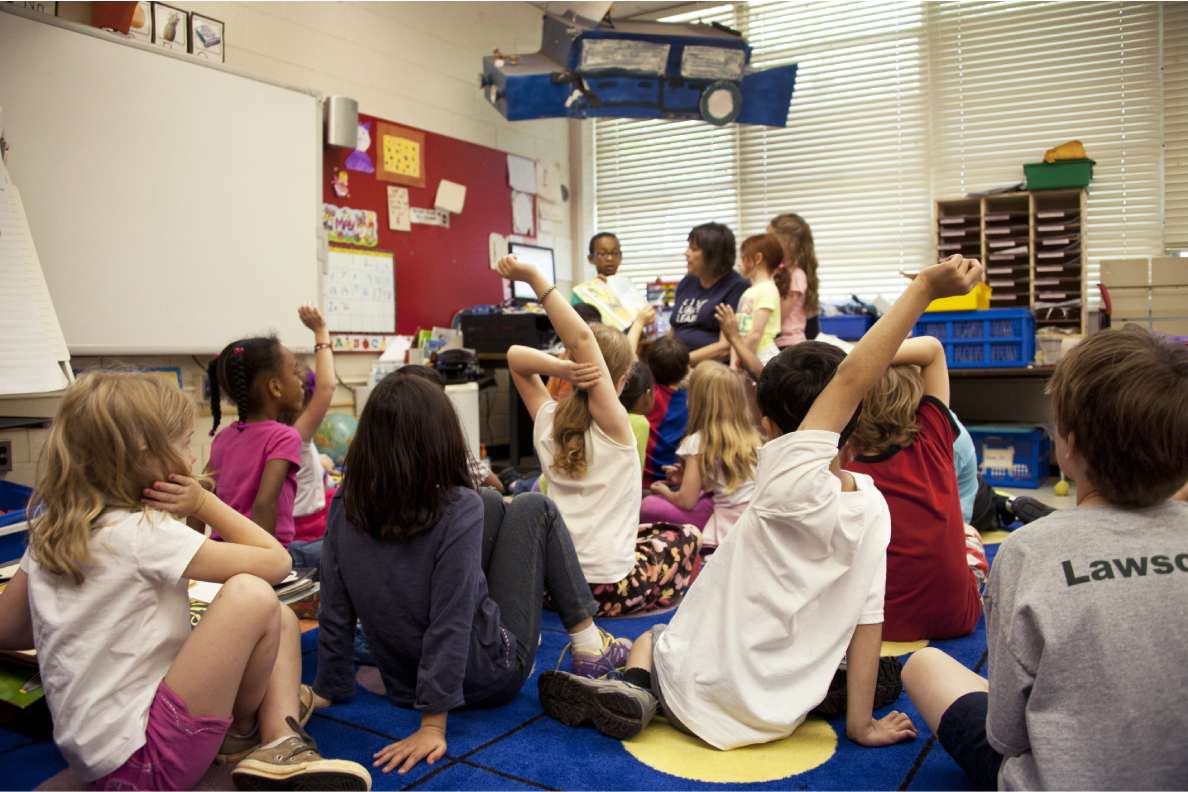What Does It Take To Work In Nursery Schools?

Nursery schools have a variety of professionals who work every day with the little ones to help them in their development and education during the most critical educational times.
What Professionals Work In A Nursery School?
In nursery schools, we can find various types of professionals who work for the good of the little ones.
The assistant is in charge of helping the rest of the early childhood educators care for the little ones. The assistant could be in order of hygiene or feeding the little ones, but not their education.
For education, we will have a superior technician in Early Childhood Education. This professional has been trained to teach children from 0 to 3 years old. His work is also caring for the little ones, but he is also in charge of ensuring that the children learn the concepts and skills necessary at each age, as well as meeting the needs of each of the children. In education, we would also find the early childhood education teacher. The latter refers to someone with a university degree in child teaching.
The difference between the two is that the Early Childhood Education Technician will work as an educator during the first cycle of early childhood education (0-3 years) in formal settings and will carry out assistance tasks in the second cycle (up to 6 years) together with the teacher. In the case of non-formal settings (toy libraries, for example), the technician may work as an educator with children up to 6 years old. Therefore, we would not find differences between the two in nursery schools during the first cycle.
We should mention that within the technicians and teachers, we would find differences between those who are only in charge of giving classes and those with the position of tutor. The latter is the educator in order of a course and coordinates the rest of the teachers in everything related to that group of students. In addition, he is a professional who collaborates with families and reports on any issue related to each child’s education. In nursery schools, this professional is extremely important since he will maintain communication with the families and know each child’s needs. The early childhood education technician and the teacher can perform the tutor position.
Not in all nursery schools do we find these three professionals, but they are the most common.
Other types of professionals can be found in nursery schools; this is the case of early care specialists or psychologists who are of utmost importance for students’ future development. Extracurricular activities monitors are also usually present in nursery schools. However, this service may not be offered depending on the type of school.
What Studies Do You Need To Work In Early Childhood Education?
As we have commented, there are several professions to pursue if we want to dedicate ourselves to the care and education of the little ones.
If we intend to become an assistant, we would need an Early Childhood Education course that provides us with the necessary knowledge in matters related to the care, hygiene, feeding and general well-being of children.
To work as an educator, we must have an official qualification; to become a higher technician, we should complete a Higher Degree in Early Childhood Education to work as an educator. Or, if we want to go further, take a university degree in Early Childhood Teaching.
This last training could be completed with the Master in Early Care, which will provide the necessary knowledge to carry out programs related to early intervention in child development and, in this way, resolve the specific needs that each child may have. This type of training goes beyond the child’s education and focuses on all those with more particular needs. The early care specialist is the educator capable of detecting said needs or abilities in time.
Finally, we have previously mentioned the monitoring of extracurricular activities; for this profession, taking a Children’s Animation course offers the knowledge necessary to carry out leisure programs for the little ones.
As we see, in early childhood education, the possibilities are varied.
Also Read: Keys To Sales In Networking






